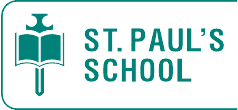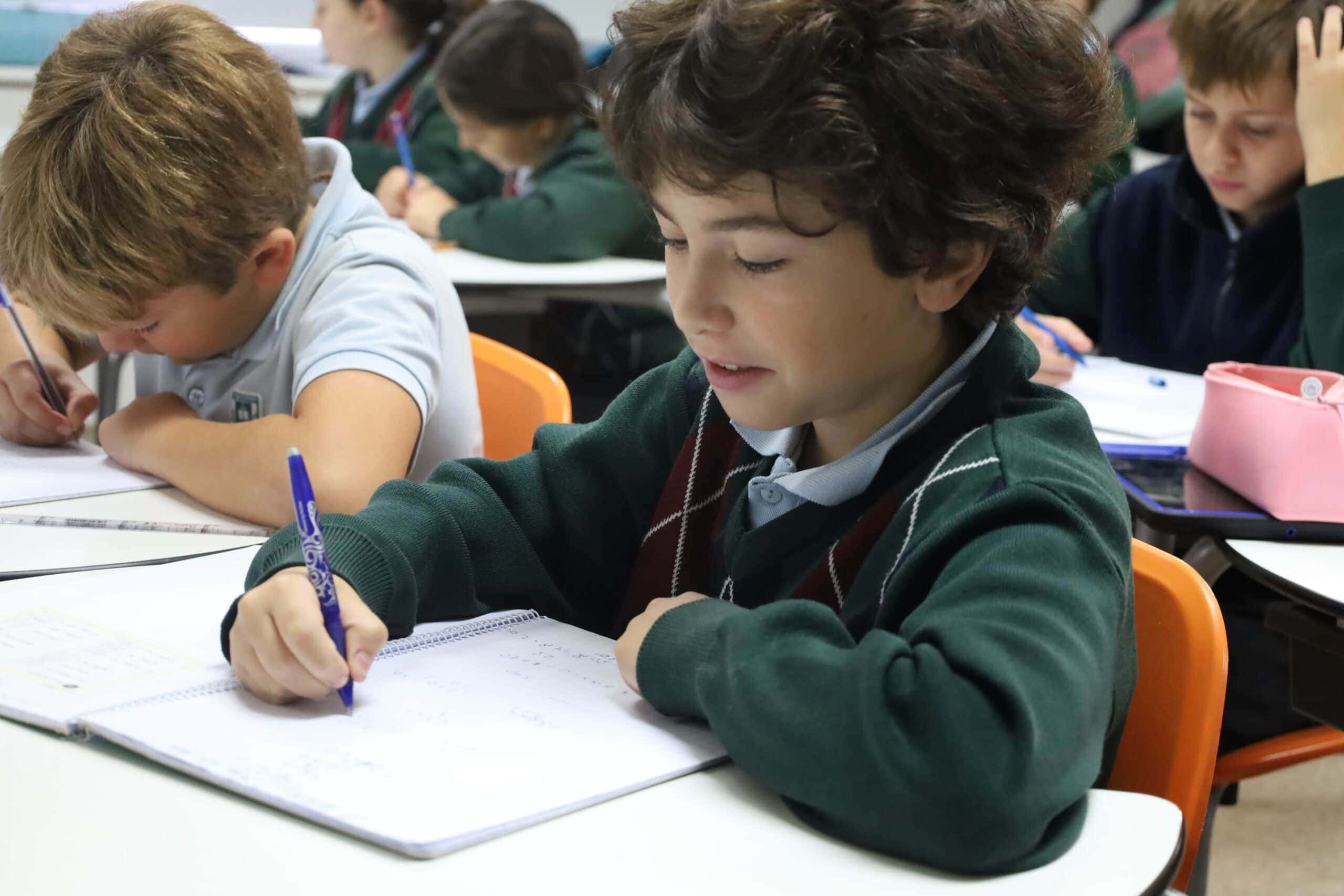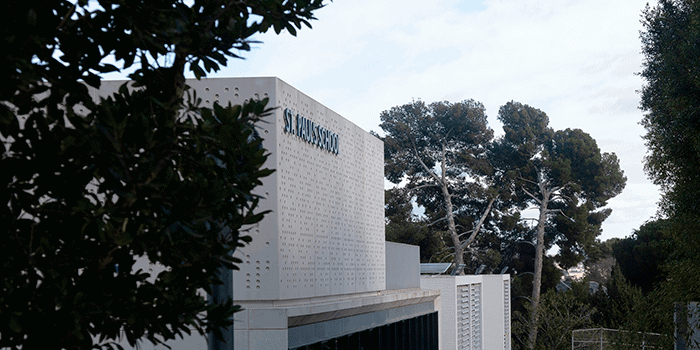From St. Paul’s, we see that the recent assessments have raised national concern about the state of math education in Spain. The 2022 PISA results revealed that Spanish students scored an average of 473 points in math, just above the OECD average, with only 6% reaching the highest proficiency levels. The 2023 TIMSS results also showed a decline in performance among younger students, underscoring the need for an innovative approach to math education.
At St Paul’s, we view this challenge not as a setback but as a call to action. Through deliberate reflection and implementation of best practices in math education, we are actively addressing this critical issue with programs designed to foster deep understanding, engagement, and application of mathematical concepts. Moreover, we are pleased to see the impact of our efforts reflected in our students’ results, including consistently improving scores on the Competencies Bàsiques exams in Catalonia, outstanding outcomes in the PAU examinations over the past five years despite national declines, and increased access for our BACH2 students to competitive university programs in math-intensive fields.
Strong Foundations at St. Paul’s: A Commitment to Inclusive Excellence
One of the cornerstones of our approach is our Early Years and Primary program, We Are All Good at Maths. Based on the principles of the Singapore Math method, this program emphasizes conceptual understanding through hands-on learning. By incorporating manipulatives and interactive activities, students can explore and internalize foundational principles. This approach is not just about making math accessible but about instilling a sense of confidence and curiosity in every child, regardless of their starting point. We see this as a vital step in nurturing a lifelong relationship with math.
The success of this approach is evident in the significant results our students achieve. Our younger learners consistently perform well above standards, demonstrating their ability to master and apply foundational math skills.
Bridging Theory and Practice: Real-World Applications
In Secondary, we extend this foundation through working with Innovomat, an educational platform that prioritizes practical application and problem-solving. Students are challenged to see math as more than numbers on a page—it becomes a tool for understanding the complexities of the world around them. Their learning is based on developing a deep understanding of important mathematical competencies and their application in the resolution of problems.
This integration of theory and practice reflects our commitment to best practices in education: ensuring students see the value of what they learn and how it connects to their future ambitions.
Preparing Students for a Math-Driven Future
Our commitment to excellence extends beyond academic success. Year after year, graduates from St. Paul’s secure places in top university programs in engineering, data science, and other math-driven fields. These accomplishments demonstrate how our holistic approach equips learners with the confidence and skills to thrive in competitive and rewarding careers.
We recognize that reversing the decline in math proficiency requires more than innovative programs. It demands a comprehensive strategy that blends strong foundational learning, real-world application, and dedicated guidance from skilled educators. At St. Paul’s, we uphold these principles, continually refining our methods to meet the needs of our learners and the demands of a math-focused future.
By cultivating a culture of curiosity, resilience, and innovation, we aim to prepare students not just for academic assessments but for the opportunities and challenges they will encounter throughout their lives. We take pride in empowering capable, confident individuals who can excel in any path they choose and make a meaningful impact in their chosen fields.












